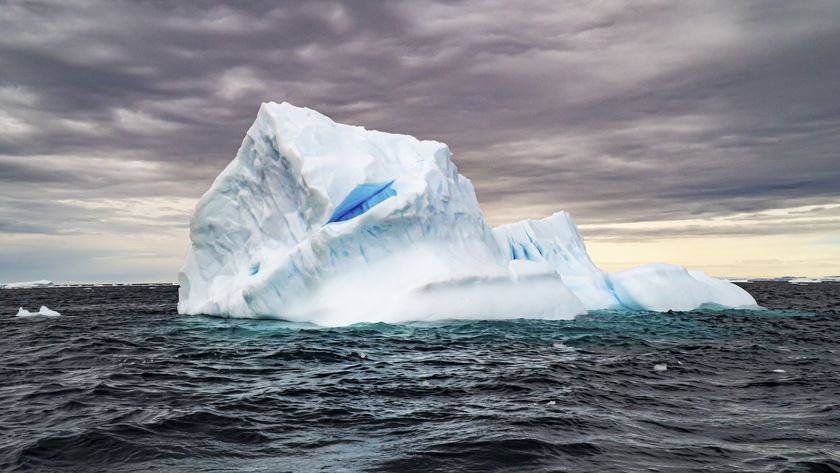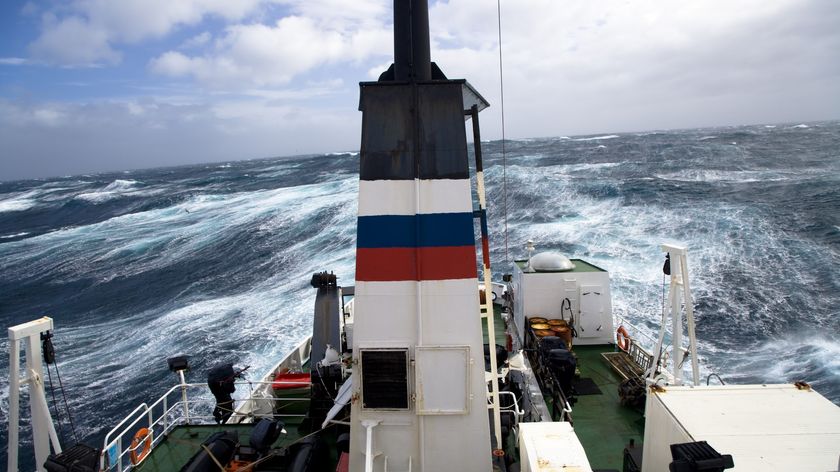
Part of Great Lakes Declared Research Reserve
A nearly-17,000-acre area of Lake Superior in Wisconsin was declared the 28th member of the National Oceanic and Atmospheric Administration (NOAA)'s National Estuarine Research Reserve System earlier this week.
The reserve encompasses freshwater marshes , uplands and rivers on the shores of Lake Superior.
"As the first reserve in the upper Great Lakes , the Lake Superior Reserve adds significant value to the National Estuarine Research Reserve System and broadens the opportunities to study, understand and manage America's coastal and Great Lakes ecosystems," said Larry Robinson, assistant secretary of commerce for conservation and management at NOAA.
Research conducted at the reserve will focus on improving the health of local freshwater estuaries and can provide an example for other Great Lakes communities and their issues, according to NOAA.
The six-year process surrounding the designation of the Lake Superior National Estuarine Research Reserve began with site selection and continued with development of an environmental impact statement and a comprehensive reserve management plan.
The reserve will host educational programs and hopes to make the estuary a community asset and a destination for students and visitors. The reserve will attract scientists and students from across the nation.
"The upper Great Lakes region has a number of features that will help in understanding the unique nature of freshwater estuaries," said Patrick Robinson, Lake Superior Reserve Acting Manager. "The research and monitoring programs here will help us understand the potential impacts of climate change on these important ecosystems and will provide critical, scientifically sound information to help communities and coastal managers deal with those impacts."
Sign up for the Live Science daily newsletter now
Get the world’s most fascinating discoveries delivered straight to your inbox.
The site was suggested by Wisconsin Gov. Jim Doyle in May 2008 after a two-year site selection process. The reserve will be managed by the University of Wisconsin Extension. It is the second site to be established in the Great Lakes and the first in the upper Great Lakes.
"The Wisconsin reserve will fill a significant gap in the Great Lakes biogeographic region and enhance our ability to conserve, study and manage these important freshwater estuary resources," said Laurie McGilvray, chief of NOAA's Estuarine Reserves Division.












